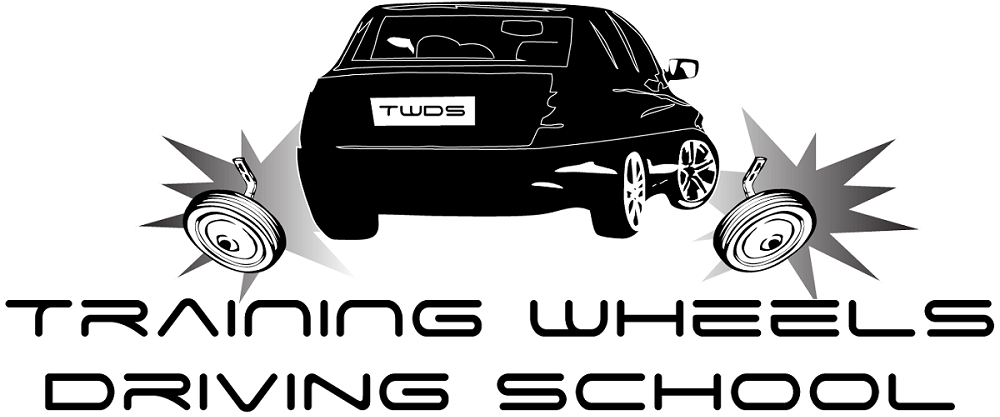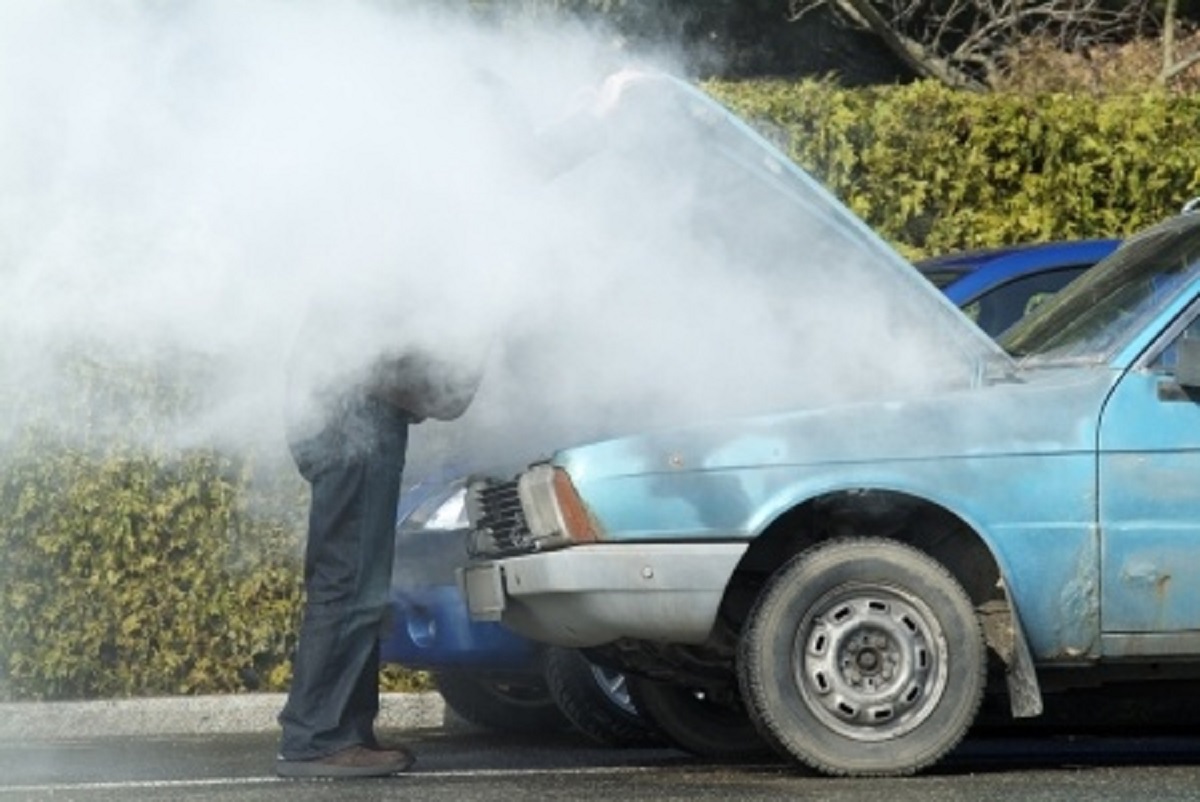One position no motorist ever wants to be in, especially late into the evening, is standing next to their vehicle on a busy highway or an isolated county road with steam flowing out from under their hood in big white never-ending gusts. When this happens, it’s because the engine has overheated. Given how serious of a situation this can be, it’s best that drivers understand the reasons why a vehicle can overheat in the first place as well as some crucial preventive maintenance practices to help prevent major or irreversible engine damage.
Normal Temp Ranges and Coolant
Vehicle cooling systems are specifically designed for keeping an engine operating within a normal range of temperatures, typically between 195 and 220 degrees Fahrenheit depending on the vehicle’s make and model. The vehicle’s coolant boils at 225 degrees Fahrenheit, but the pressure created by the coolant and radiator cap blend ratios help by increasing the temperature that the engine can withstand.
Coolant System
One of the most common reasons why engines overheat is also the simplest reason—the coolant system. If a vehicle’s coolant levels are too low, the vehicle’s cooling system can’t properly function. Coolant levels may drop due to regular use, but if significant declines in fluid level occur, it’s best to start looking for leaks in the coolant system or checking to see if the radiator is clogged. Also, remember to use your vehicle’s recommended coolant ratio, which your car owner’s manual should have on hand.
Pump, Hose, Thermostat, and Fan Failures
Faulty radiators or radiator fans could lead to an overheated engine if appropriate cooling isn’t taking place. Additionally, if the water pump—one of the cooling system’s most essential parts—begins malfunctioning, it could result in leaks or even bearing problems, which can cause the engine to overheat. Hose collapses and hose damage could also have a role in insufficient cooling as well as a faulty or stuck thermometer.
Consequences of Overheating
Damage that was triggered by the engine overheating can be very serious. Overheating may cause damage to cylinders, pistons, valves, and bearings as well as many other important engine components, which can easily cost car owners hundreds or even thousands of dollars to repair. Because of these serious implications, warnings of overheating shouldn’t ever be disregarded—shut the vehicle down at the first sign of the engine operating above the normal range of temperatures.
Preventing an Overheated Engine
The simplest way to avoid an overheated engine is by watching the vehicle’s coolant levels and temperature gauge and inspecting your hoses and belts regularly. Since working radiator caps provide the necessary pressure for allowing higher coolant temperatures, ensure the cap is working and replace it if need be, but don’t ever remove your radiator cap while the engine is still hot.
Think you or someone you know is in need of Behind the Wheel Training? Training Wheels is an Atlantic City driving school specializing in teaching new teen drivers how to stay safe on the road. For more information on our lessons, please click here.
Copyright: tobi / 123RF Stock Photo

